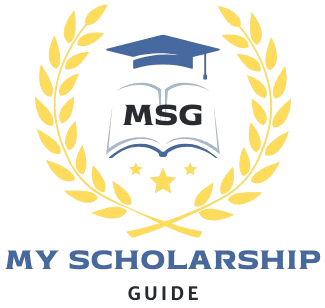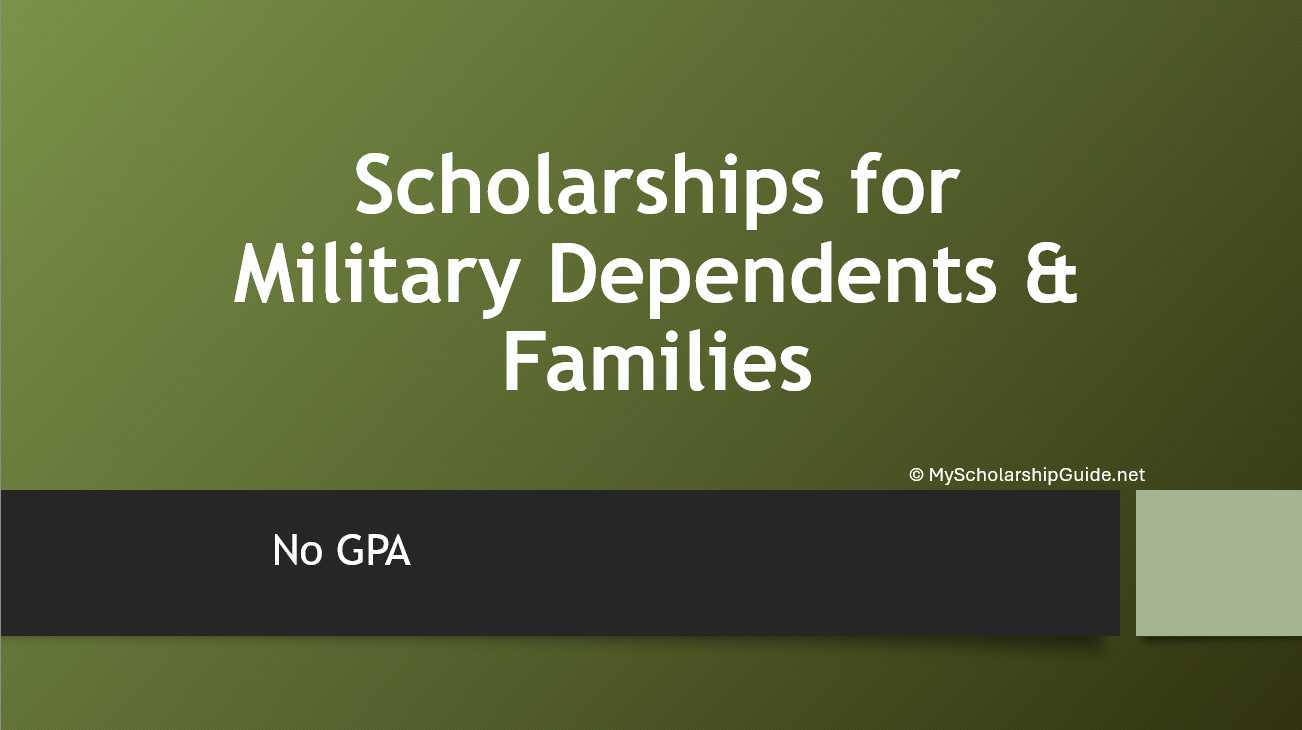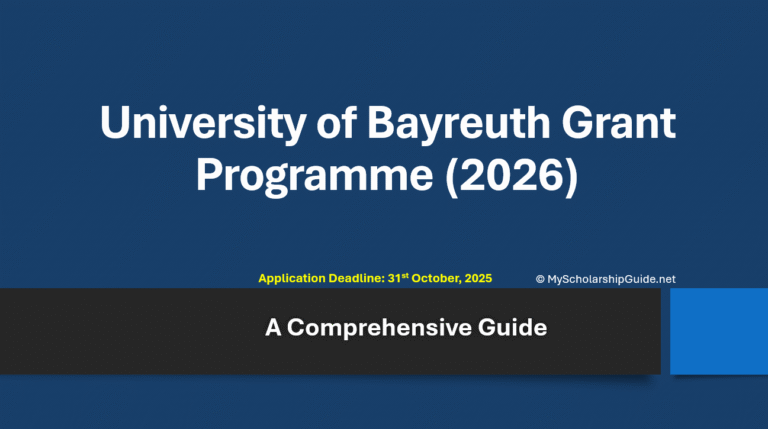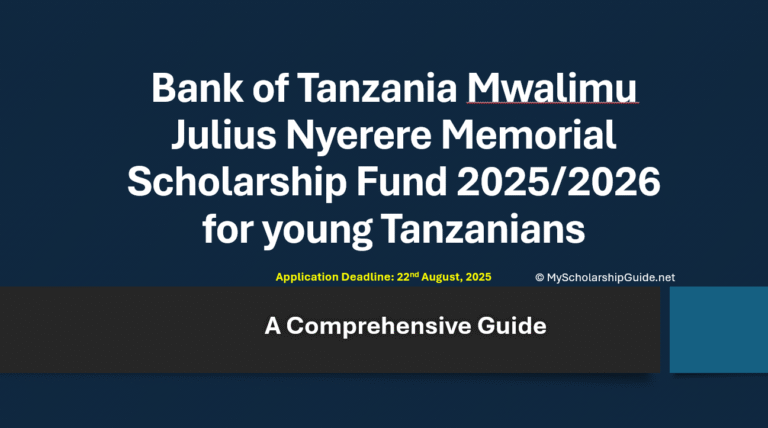No GPA? No Problem! Scholarships for Military Families & De
No GPA? No Problem! Scholarships for Military Families & Dependents
For military families, the journey is often filled with unique challenges and unparalleled resilience. You move, adapt, and serve alongside your service member, and your dedication is just as profound. When it comes to pursuing higher education, you deserve opportunities that recognize your unique life experiences—not just your academic record. The good news? The prestigious Scholarships for Military Children Program is one of those rare and incredible opportunities.
This is not your typical academic scholarship. While many awards are laser-focused on GPAs and test scores, the Scholarships for Military Children Program understands that a student’s true value isn’t always reflected on a transcript. Instead, it seeks out applicants who embody leadership, community involvement, and a commitment to service—values that are often deeply ingrained in military family life. This comprehensive guide will be your roadmap to success, walking you through every single step of the application process. We’ll deconstruct the committee’s mindset, break down the essay, and show you how to build a powerful application that highlights your unique strengths and tells your compelling story.
Whether you’re a high school senior, a college student, or a future scholar, this guide is designed to empower you to present your best self and secure a scholarship that truly understands what it means to be part of a military family.
Section 1: The Foundation — Understanding the Scholarships for Military Children Program
To win the Scholarships for Military Children Program, you must first understand its heart and soul. This scholarship isn’t just a financial award; it’s a testament to the community spirit and resilience of military families. The selection committee, which includes leaders from the military and private sector, is not just looking for a student; they are looking for the next generation of leaders who have been shaped by the military experience.
Deep Dive into Values: What the Scholarship Committee Truly Seeks
The core values of the Scholarships for Military Children Program are built around service, leadership, and community. They are looking for applicants who can demonstrate a commitment to these values in their everyday lives. Unlike a scholarship that focuses on academic achievement, this program values your extracurriculars, volunteer work, and personal character. Think about how you’ve contributed to your school, your local community, or even your family.
- Service: Have you volunteered at the USO, a local food bank, or a community event on base? Did you assist in a new troop’s family’s move? Show, don’t just tell, how you have put the needs of others before your own.
- Leadership: Leadership isn’t just about being a captain of a sports team. It’s about taking initiative, mentoring younger students, or stepping up to help a family member during a challenging time. The Scholarships for Military Children Program values quiet leadership as much as formal roles.
- Resilience and Adaptability: This is a value unique to military families. How have you handled multiple moves, a parent’s deployment, or adapting to a new school and social environment? Your ability to thrive amidst change is a significant asset, and this scholarship committee wants to hear about it.
Applicant Profile: Who is the Ideal Candidate for the Scholarships for Military Children Program?
The ideal candidate for the Scholarships for Military Children Program is not a 4.0 GPA student; it is a well-rounded individual who is deeply engaged in their community. They are someone who has taken their unique life experiences as a military dependent and used them to grow, learn, and lead.
- Community-Minded: This student is active in clubs, volunteer organizations, or community service projects. They see the value in giving back.
- Engaged: They are not passive participants in life. They are engaged in their hobbies, their studies, and their communities.
- Resilient: They can articulate how they have overcome challenges related to military life and grown from the experience.
Your academic record is part of your story, but for the Scholarships for Military Children Program, it is only a single chapter. The real story lies in what you have done, how you have grown, and who you are as a person.
Strategic Narrative: Building Your Personal Brand for the Application
Every part of your application for the Scholarships for Military Children Program should tell a unified story. This is your personal brand. For this specific scholarship, your brand should be centered on your resilience, your commitment to service, and your unique perspective as a military dependent.
- Consistency is Key: Your essay, your list of extracurriculars, and your letters of recommendation should all speak the same language. For example, if your essay is about your passion for volunteering at a veteran’s home, your extracurricular list should reflect this, and one of your recommenders could be the volunteer coordinator at that home.
- The Power of Connection: Connect every part of your application back to the core values of the Scholarships for Military Children Program. When you describe your extracurriculars, don’t just list them. Briefly explain the leadership role you took or the way you contributed to the community through that activity. This shows the committee that you understand their values and you embody them.
By building a strategic narrative, you’re not just submitting an application; you’re presenting a compelling and unforgettable portrait of who you are.
Section 2: Essay Mastery — A Deep Dive into the Scholarships for Military Children Program Essay Questions
The essay is the single most important part of your application for the Scholarships for Military Children Program. This is your chance to speak directly to the committee, to share your story, and to demonstrate that you are the ideal candidate they are looking for. Because the Questions can change from year to year, we’ll focus on the core themes they typically revolve around.
Prompt Breakdown: The Core Themes
The essay Questions for the Scholarships for Military Children Program almost always focus on themes of community, service, leadership, and how your military life experiences have shaped you. Let’s break down a typical Question:
- Typical Prompt: Describe a time when you demonstrated leadership or service within your community. How has your experience as a military dependent influenced your perspective on this?
This Question has two parts, and you must answer both to succeed.
- Part 1: The Explicit Question: Describe a time when you demonstrated leadership or service. This is a straightforward request for a story.
- Part 2: The Implicit Question: How has your experience as a military dependent influenced your perspective on this? This is the real core of the Question. The committee is not just asking you to tell a story; they are asking you to reflect on your life as a military child and connect it to your actions and values. They want to see that you understand the unique privilege and responsibility of being part of the military community.
Brainstorming Strategies for Your Essay
Don’t just write about the first thing that comes to mind. Take time to brainstorm a few different angles to find the most impactful story.
- The “Underdog” Story: Think of a time you stepped up when no one else would. Maybe you organized a fundraiser for a classmate in need, or you took the initiative to welcome a new student to your school who just moved to the area.
- The “Community Builder” Story: Focus on a time you helped bring people together. Perhaps you started a new club at school or organized an event for your local base community. This shows your commitment to creating a sense of belonging, a crucial skill in the military world.
- The “Overcoming Adversity” Story: This is a powerful angle, especially for a military-focused scholarship. Describe a challenge you faced due to a parent’s deployment or a difficult move, and how you turned that challenge into a positive experience by helping others or taking on a new responsibility.
Common Mistakes to Avoid
- Don’t Forget the Second Part of the Prompt: This is the most common mistake applicants make. They write a great story about leadership but fail to connect it back to their military experience. Always, always, circle back to how your military background has shaped you.
- Don’t Be Generic: Don’t just say, “I learned leadership from my dad.” Instead, tell a specific story. For example, “Watching my dad, a [rank], show empathy to a struggling junior soldier taught me that true leadership is about compassion, a lesson I applied when I organized a mentorship program for new students at my school.”
- Don’t List Accomplishments: Your essay is not a resume. It’s a narrative. Use vivid details and emotions to make your story come alive. Instead of saying, “I volunteered 100 hours,” describe one specific, impactful moment from your volunteering experience.
Detailed Sample Essay Outline
To ensure your essay flows logically and powerfully, use this proven structure.
- Paragraph 1: The Hook and Context. Start with a vivid, specific moment that captures your reader’s attention. Introduce the scenario. What were you doing? Where were you? Who was involved? Set the stage for your story.
- Paragraph 2: The Action and Challenge. Detail the actions you took. What was the problem you were trying to solve? What was the challenge? This is where you show, not just tell, your leadership or service.
- Paragraph 3: The Connection to Military Life. This is the critical paragraph. Reflect on how your experience as a military child informed your actions. Did moving frequently make you more empathetic to new students? Did seeing your parent’s commitment to duty inspire your own? Make this connection explicit.
- Paragraph 4: The Outcome and Reflection. What was the result of your actions? What did you learn about yourself? How did this experience change your perspective or reinforce a value? This shows maturity and self-awareness.
- Paragraph 5: The Conclusion. Tie everything together. Reiterate your core message and connect it back to your future goals. End with a powerful statement that leaves a lasting impression on the committee and reinforces your desire to continue serving your community as you pursue your education, thanks in part to the Scholarships for Military Children Program.
Section 3: Beyond the Essay — A Guide to Other Scholarships for Military Children Program Components
While the essay is the star of your application, other components are just as crucial for telling your full story. Every single piece of your application for the Scholarships for Military Children Program should reinforce the personal brand you’ve built.
Letters of Recommendation: The Power of Endorsement
A strong letter of recommendation can be the deciding factor in a close race.
- Who to Ask: Choose recommenders who know you well and can speak to your character, leadership, and community involvement. This could be a teacher, a coach, a scout leader, a community service coordinator, or a supervisor from a part-time job. Avoid asking family friends who can only give a generic endorsement.
- How to Make it Easy for Them: When you ask for a letter, do not just give them the form. Provide them with a “brag sheet” or a short summary of your accomplishments. Include a list of your top achievements, a copy of your resume, and a brief note about why you are applying for the Scholarships for Military Children Program and what you hope they will highlight.
- Hot Tip: Specifically ask your recommender to include details about your resilience, adaptability, or how you’ve demonstrated leadership in a specific instance. For example, “Could you please mention how I stepped up to lead the team when our coach was ill?” This helps them write a powerful, specific letter that aligns with your application narrative.
The Interview: Preparing to Tell Your Story
The Scholarships for Military Children Program does not typically require an interview, but it’s always wise to be prepared for any eventuality. Practice answering questions about your essay, your extracurriculars, and your personal goals.
- Likely Questions:
- “Tell us more about the community service you mentioned in your essay.”
- “How has moving to a new school or a new city impacted you?”
- “What leadership role did you enjoy the most and why?”
- “What are your future career goals, and how will this scholarship help you achieve them?”
Transcripts & Academic Records: Context is Everything
Since the Scholarships for Military Children Program doesn’t have a GPA requirement, your transcript is used for context, not for judgment. It shows the committee that you have met a minimum standard to be a successful college student.
- Show Improvement: If your grades improved over time, be prepared to talk about why. Did you get a new teacher? Did you find a new passion?
- Use Your Application to Provide Context: If you struggled with a specific class, perhaps you can mention it in a supplementary essay (if there is one) or subtly in your main essay. For example, “Balancing my studies with a demanding volunteer role taught me time management skills that helped me excel in my senior year.” This shows maturity and a growth mindset.
Section 4: Final Steps — Your Application Submission Checklist
You’ve done the hard work of crafting a compelling narrative. Now, it’s time to ensure your application is perfect before you hit submit.
The Power of Proofreading:
- Read it Aloud: This is the single best way to catch grammatical errors and awkward phrasing.
- Have a Trusted Reader: Ask a parent, teacher, or counselor to review your application. A fresh set of eyes will catch mistakes you’ve read over a dozen times.
- Check for Cohesion: Ensure every part of your application—from your essay to your activity list—tells a consistent and powerful story about you.
Cohesion Check: Does Your Story Make Sense?
- Does your essay align with the activities you listed?
- Do your letters of recommendation support the claims you made in your essay?
- Is your message of service and leadership clear and consistent throughout?
Deadline Management: Don’t Miss the Date!
- Mark Your Calendar: Set reminders on your phone and calendar for the deadline.
- Don’t Wait Until the Last Minute: Technical glitches can happen. Submit your application at least a day before the deadline to avoid any last-minute stress.
Section 5: Resources & Conclusion
Securing the Scholarships for Military Children Program is an incredible achievement. It’s a recognition of your unique strength and the invaluable contributions you make as a military dependent. By following this guide, you are not just applying for a scholarship; you are claiming your place among a community of inspiring individuals who have been shaped by a life of service.
Official Scholarship Link:
- Scholarships for Military Children Program Website: https://www.militaryscholar.org/
Conclusion:
This guide provides you with a comprehensive strategy for tackling the Scholarships for Military Children Program. Your journey as a military dependent has equipped you with unique skills and an incredible perspective. Now, it’s time to put those experiences into words and show the committee exactly why you are the ideal candidate for this prestigious award.
Remember, this isn’t about having the highest GPA; it’s about having a story that matters. It’s about your resilience, your service, and your commitment to community. Now, go forth and confidently tell your story. You’ve earned it. Good luck!
Disclaimer
Unless otherwise stated, www.myscholarshipguide.com is not affiliated with any of the scholarship providers listed on our website, nor do we process applications on behalf of any organization. The content provided is for informational purposes only, and visitors are encouraged to use this information at their own discretion.







